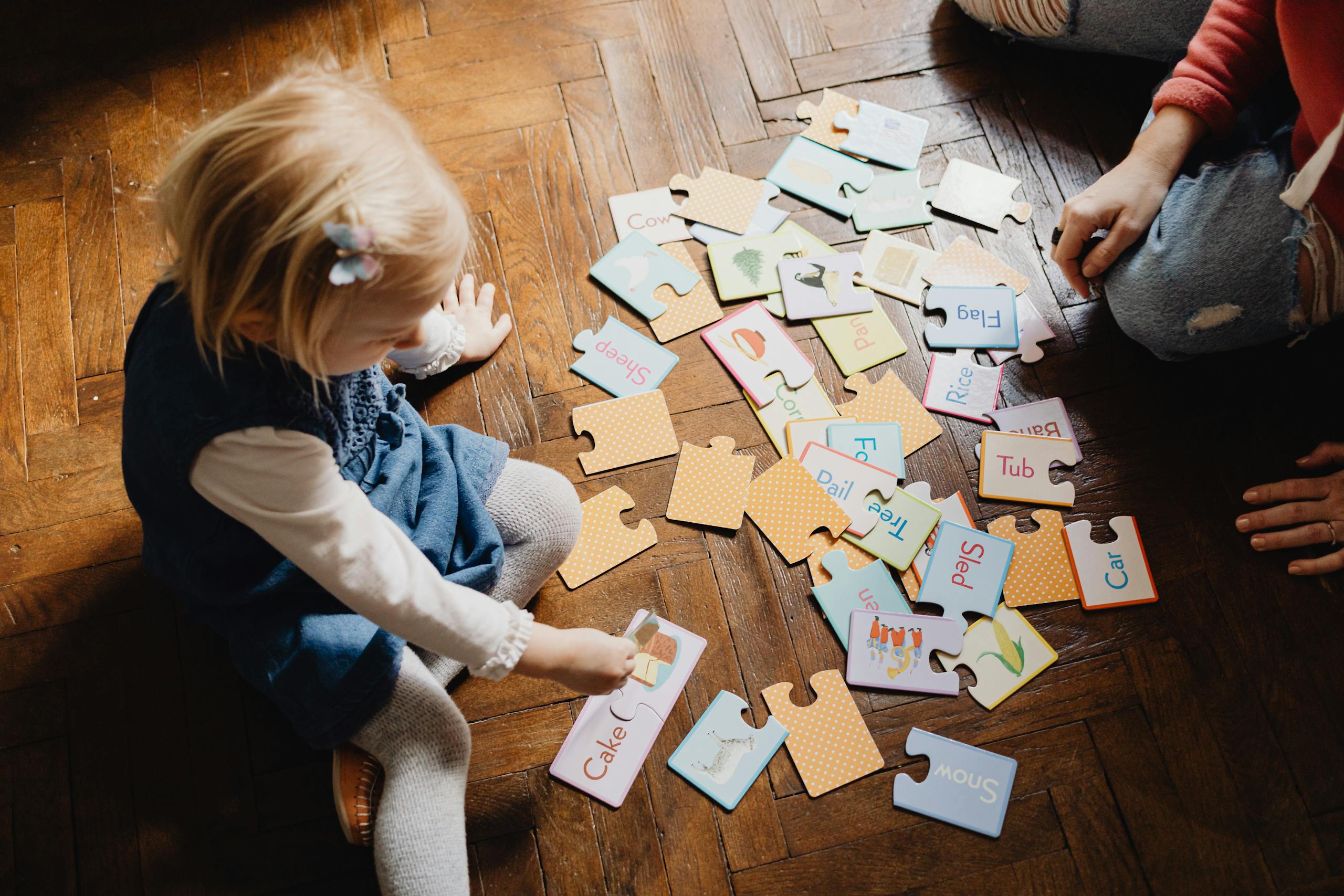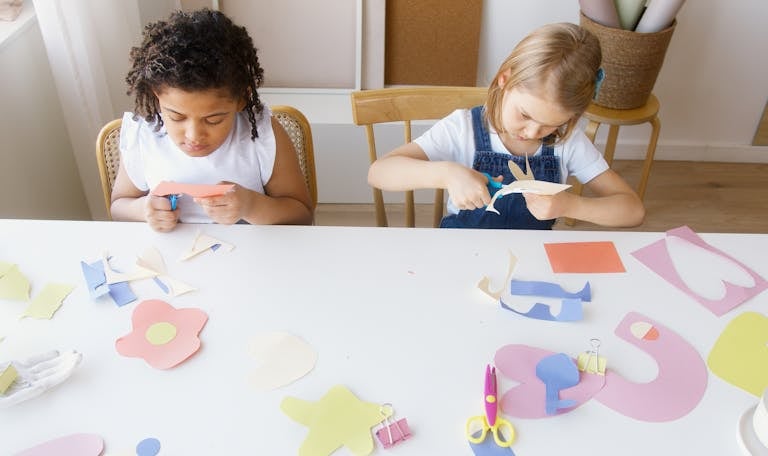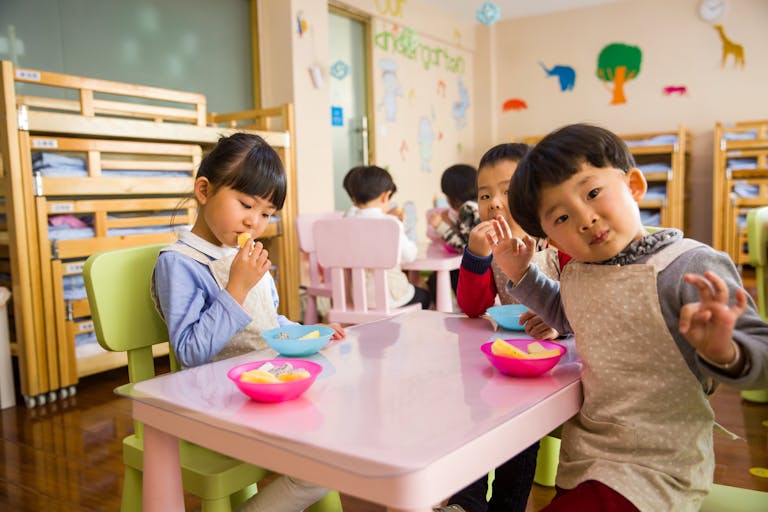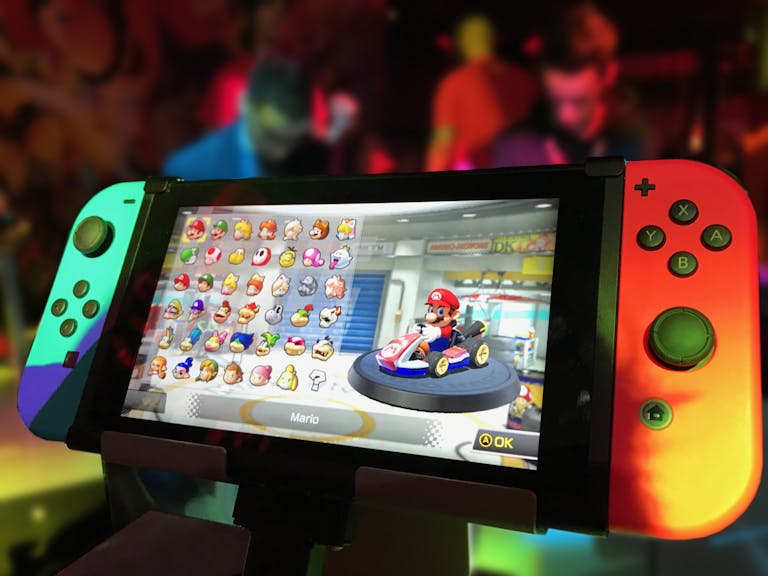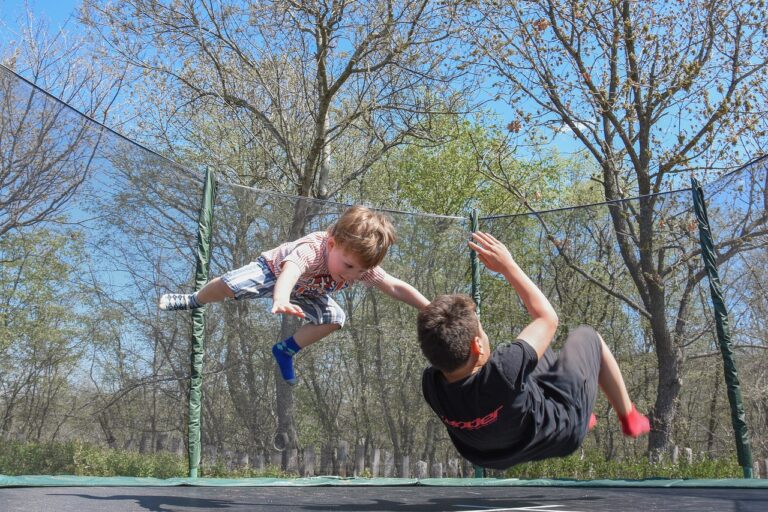Unlocking Knowledge: How Learning Games Enhance Childhood Development
As education continues to evolve, more educators and parents are recognizing the significant role that learning games play in childhood development. These interactive tools not only make learning fun but also foster essential skills that contribute to a child’s overall growth. In this article, we explore how learning games enhance various aspects of childhood development, from cognitive and social skills to emotional growth.
Cognitive Development
Critical Thinking and Problem Solving
Learning games present challenges that require children to think critically and solve problems. Whether it’s a puzzle, a strategy game, or a math challenge, these activities encourage kids to analyze situations, make decisions, and learn from their mistakes. Such experiences are foundational in developing logical reasoning skills and the ability to approach problems from multiple angles.
Memory Enhancement
Memory games, in particular, are excellent tools for boosting cognitive functions. Activities that involve recalling information, matching pairs, or even sequencing events help strengthen memory retention. Frequent engagement with these games can lead to improved focus and attention span, essential tools for academic success.
Language and Literacy Skills
Many learning games incorporate reading and vocabulary challenges that promote language development. When children interact with text-based games, they encounter new words and contexts, enhancing their vocabulary and comprehension skills. Story-driven games ignite imagination and a love for reading, further fostering literacy.
Social Development
Collaboration and Teamwork
Many learning games are designed for multiple players, making them an excellent platform for social interaction. Children learn to collaborate, share, and communicate effectively with their peers. This teamwork experience not only builds friendships but also teaches kids valuable social skills, including conflict resolution and empathy.
Cultural Awareness
Games that feature diverse characters and settings can introduce children to different cultures and perspectives. This exposure fosters an understanding of diversity and encourages openness and acceptance, crucial traits in an increasingly globalized world.
Emotional Development
Confidence Building
Mastering a learning game can instill a sense of accomplishment in children. Successfully completing challenges boosts self-esteem and provides motivation to tackle new obstacles. This confidence can extend beyond gaming, encouraging a positive attitude towards learning in general.
Emotion Regulation
Through gaming, children learn to manage frustration and patience. When they encounter difficulties in a game, they experience a safe environment to practice resilience. Overcoming setbacks in gameplay teaches children that persistence pays off, helping them cope with challenges in real life.
Motor Skills Development
Fine and Gross Motor Skills
Many educational games require dexterity, whether through touchscreen interactions or manipulating game pieces. Engaging with these activities helps enhance fine motor skills, crucial for tasks like writing and self-care. Similarly, games that involve physical activity can improve gross motor skills, contributing to overall physical health.
Conclusion
Learning games are more than just fun distractions; they are essential tools in a child’s developmental toolkit. By fostering cognitive, social, emotional, and motor skills, these games unlock doors to knowledge and growth. As technology continues to change the educational landscape, parents and educators should embrace learning games as a valuable resource, ensuring that children not only learn but thrive in a supportive, engaging environment.
The message is clear: when it comes to childhood development, learning games are game-changers. As we unlock the vast potential of these tools, we pave the way for a brighter, more knowledgeable future generation.

